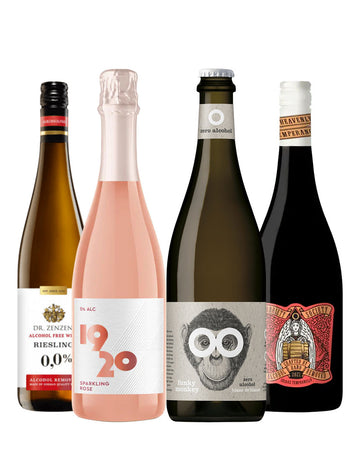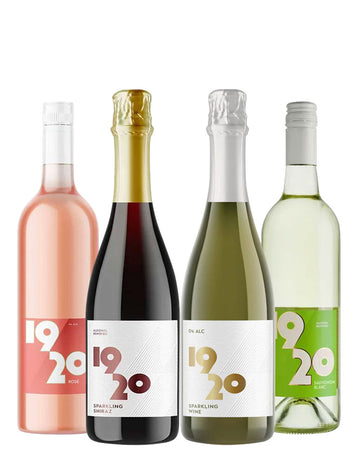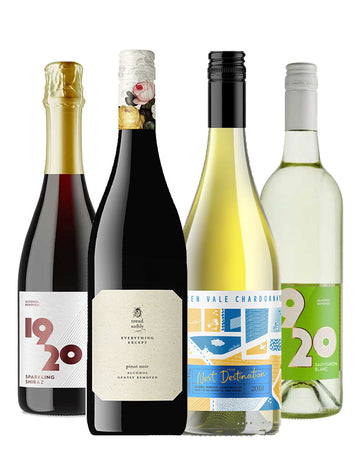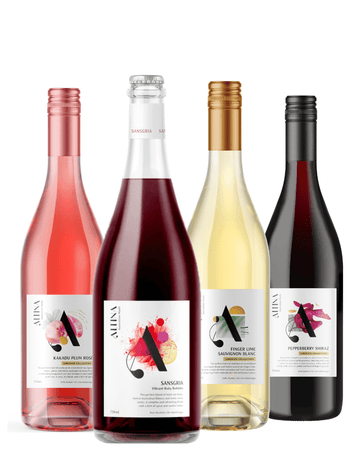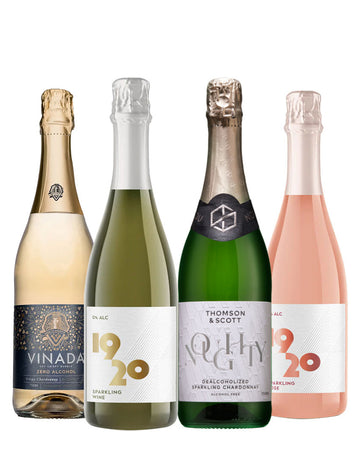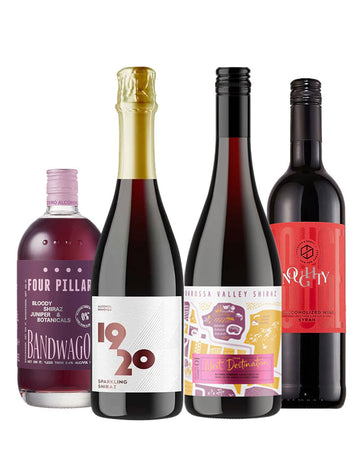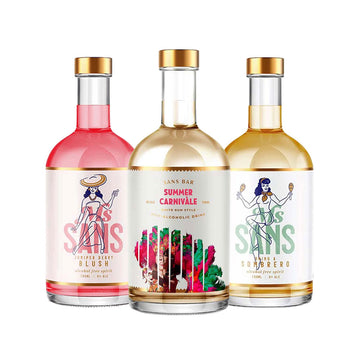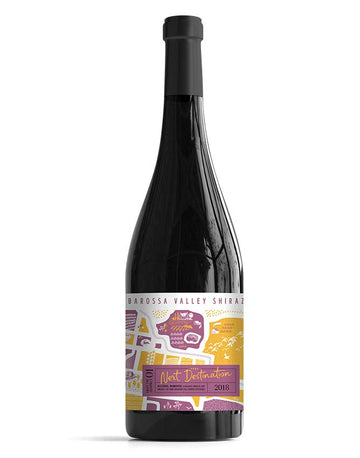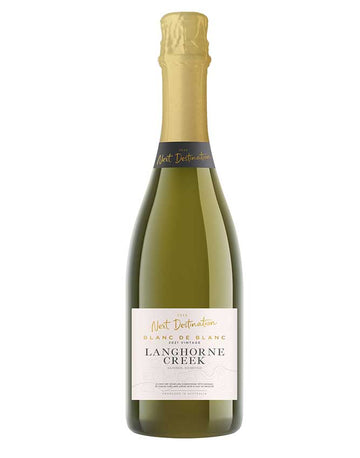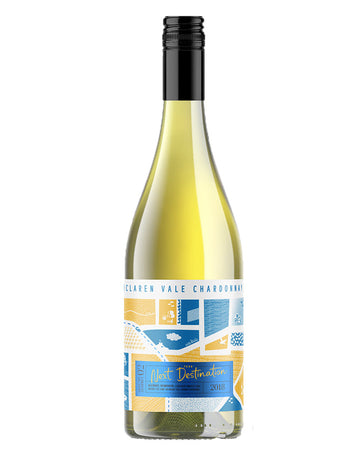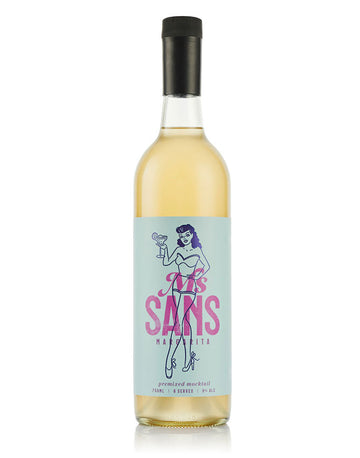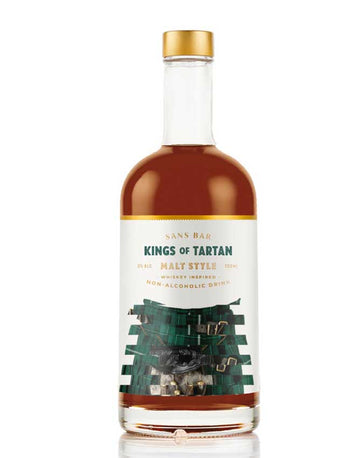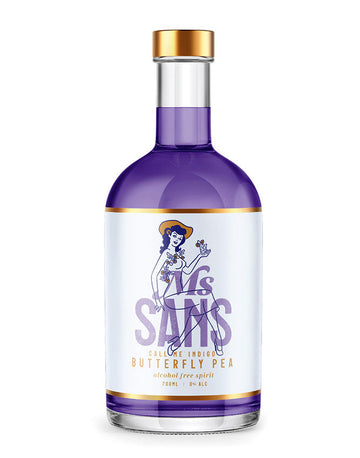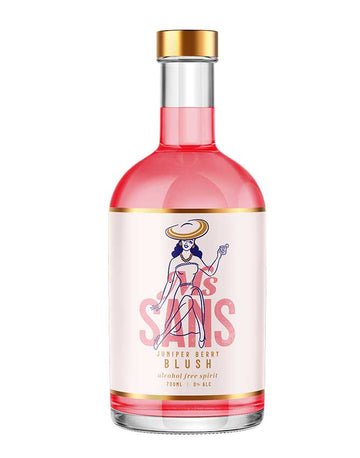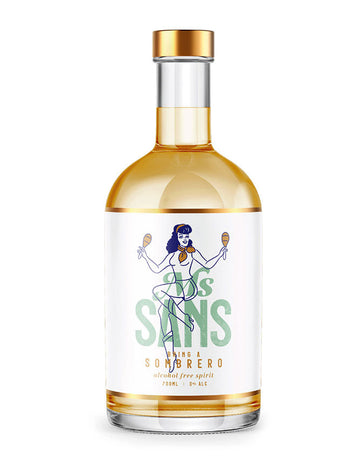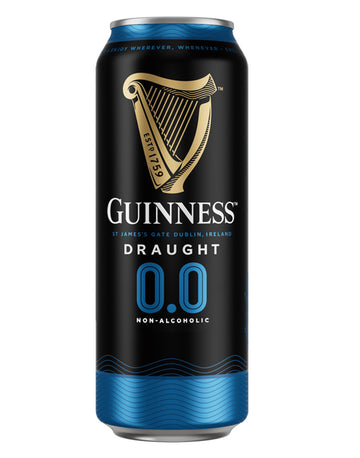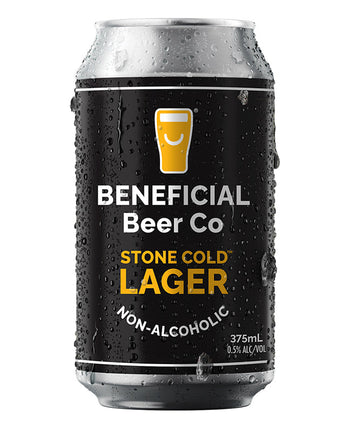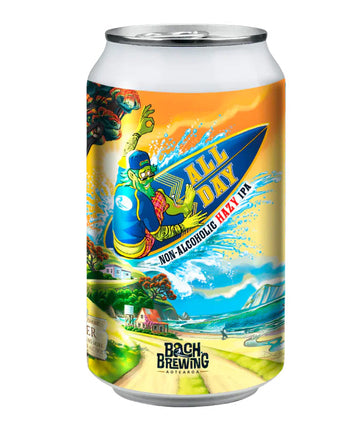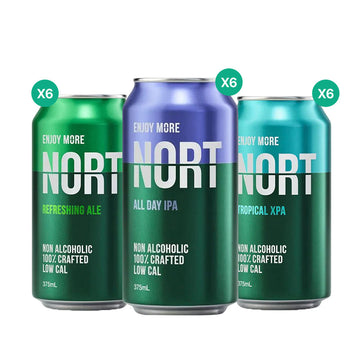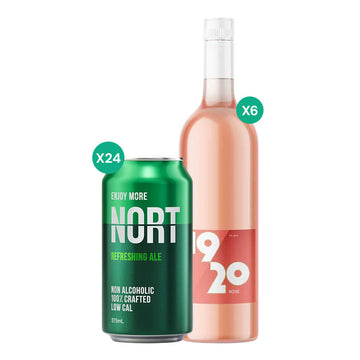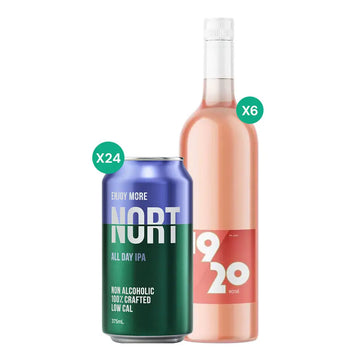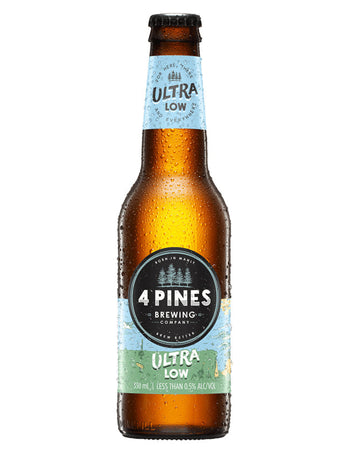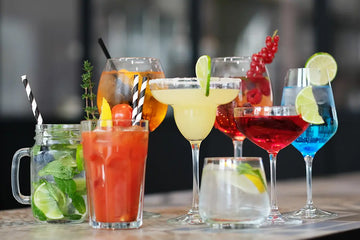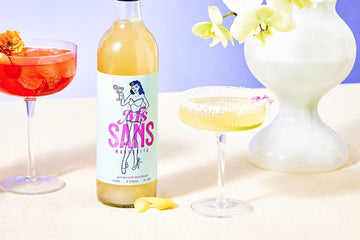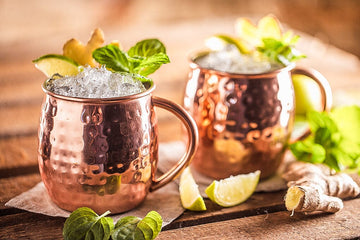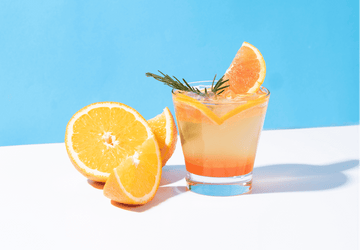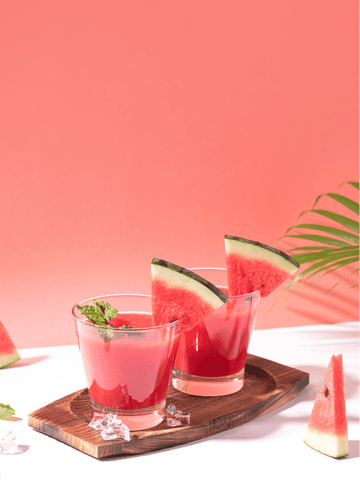Whether you’re training for an Iron Man or a 5k, you need to give your body everything that it needs to produce energy, repair muscles and recover.
Alcohol can hinder this in a number of ways. Firstly, it’s a diuretic – which is why you need to pee more when you’ve been drinking (you’re not imagining it - your body is producing more urine). Dehydration can mean a decrease in blood flow to muscles, which can hinder recovery after a workout.
On top of this, drinking alcohol can cause muscle cramps. This is because the liver is too busy processing the alcohol in your system to deal with any lactic acid (the chemical that can cause cramps). This means that lactic acid can hang around in your body for longer.

Alcohol free drinks such as zero-alcohol wine, beer and spirits won't dehydrate you like alcohol can. In fact, some options are actually hydrating – great news for your muscles!
There’s more – non-alcoholic beer can actually aid recovery. A 2012 study found that the antioxidant and anti-inflammatory properties in the phenols in alcohol-free beer helped to reduce muscle inflammation after exercise. Another study found that non-alcoholic beer improves blood circulation – which is great news for overall fitness.
The really great news? We stock an amazing range of beers to choose from. each of these non-alcoholic beers contain hydration boosting properties and are enjoyed by athletes and active people.
UpFlow Non-Alcoholic Hypotonic Ultra Pale Lager
ZERO+ Pale Ale Sports Beer
Erdinger Alcohol Free wheat beer
Metabolism & weight Loss
Your body isn’t designed to store alcohol, the same way it can store energy from food. So when you consume alcohol, your body has one priority: get rid of the booze! This means that kilojoules from the food you eat while you’re drinking get stored as fat to be dealt with later. In fact, one study published in the American Journal of Clinical Nutrition showed that consuming just 24 grams of alcohol—the equivalent of two standard drinks—slowed fat metabolism by a whopping 73 per cent.
If your fitness goals include weight loss, then it’s also important to be aware of the calorie content of alcohol. Boozy drinks are full of what nutritionists call, ‘empty calories’ – in other words, lots of calories with no nutritional benefit.
It’s not just the calories in the drinks - alcohol is also associated with snacking – the more you drink, the more likely you are to be reaching for calorific snacks like salted nuts, chips or cheese – which could seriously sabotage the hard work you’ve been putting in at the gym.
Zero-alcohol drinks on the other hand are low in calories – many of the wines we stock at Sans Drinks contain less than half the calories of standard drinks. And because they’re alcohol free, they won’t have you craving unhealthy, salty snacks.
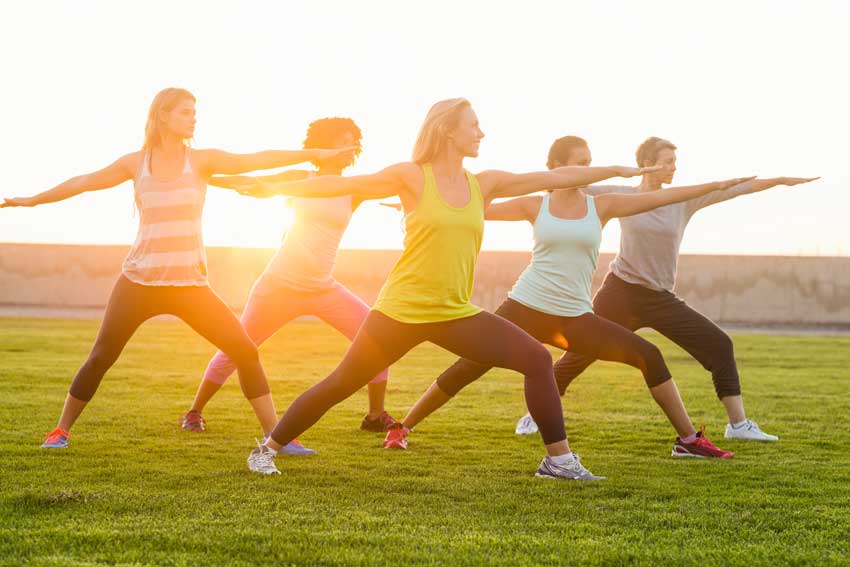
Alcohol & Sleep
Alcohol also has a detrimental affect on your sleep – even one drink in the evening can reduce the amount of REM sleep that you get during the night. This lack of sleep can leave you feeling tired and unmotivated.
Lack of sleep can also impact your balance, coordination and reaction time – leaving your more vulnerable to injury.

Alcohol free drinks don’t impact your sleep – which means you can enjoy a relaxing and restorative glass of red before bed without jeopardising your zzzzs.
If you are looking for a really good red, I recommend the NEWBLOOD Shiraz – which is low in sugar and calories, vegan and rich in antioxidants or the Odd Bird Certified Organic Merlot/Shiraz which is a full bodied, easy drinking, organic red. Both of these are perfect to sip while you plan your next workout!
Sources: The recover Village – How Does Alcohol Affect Muscles? December 2020, Journal of Applied Psychology - Restoration of fluid balance after exercise-induced dehydration: effects of alcohol consumption, Oct 1997, Effect of alcohol consumption on food energy intake: a systematic review and meta-analysis – Cambridge University Press – 29 Jan 2019, Non-alcoholic Beer Reduces Inflammation and Incidence of Respiratory Tract Illness, Medicine & Science in Sports & Exercise, Jan 2012, Volume 44.


